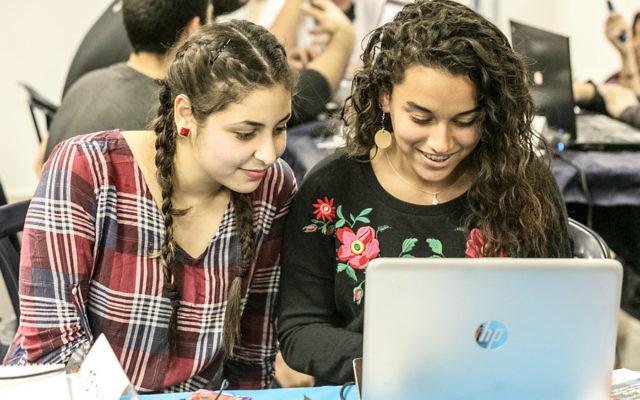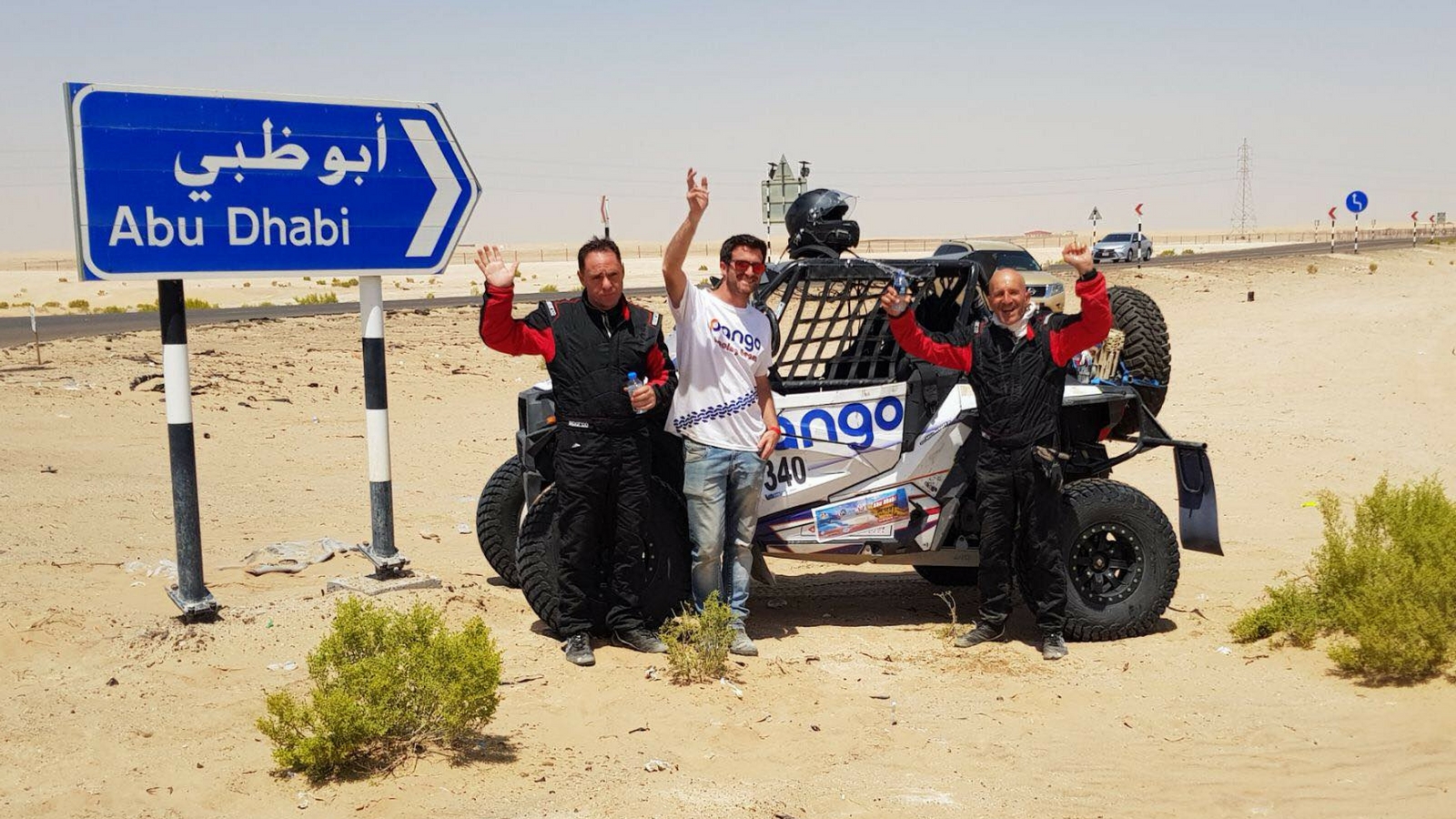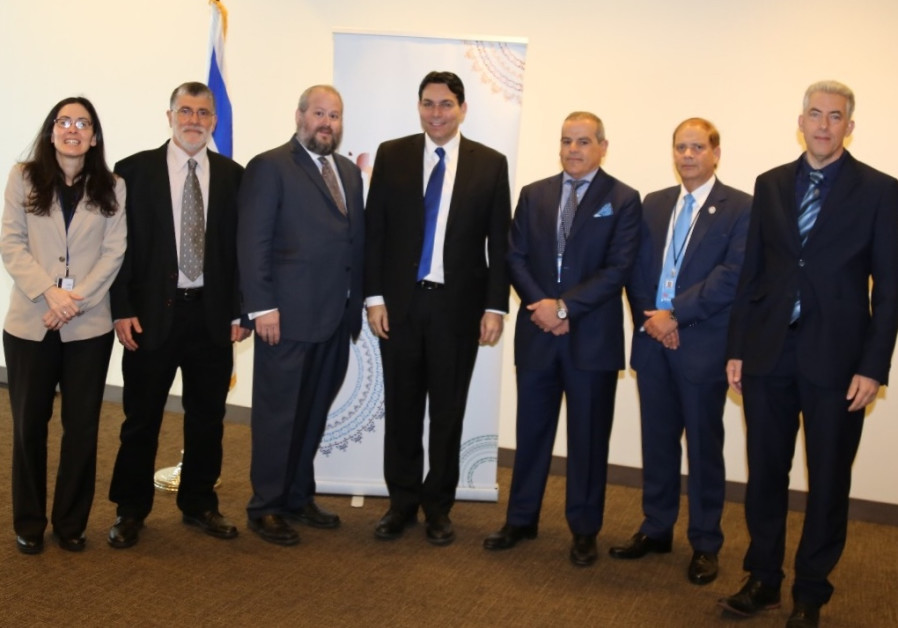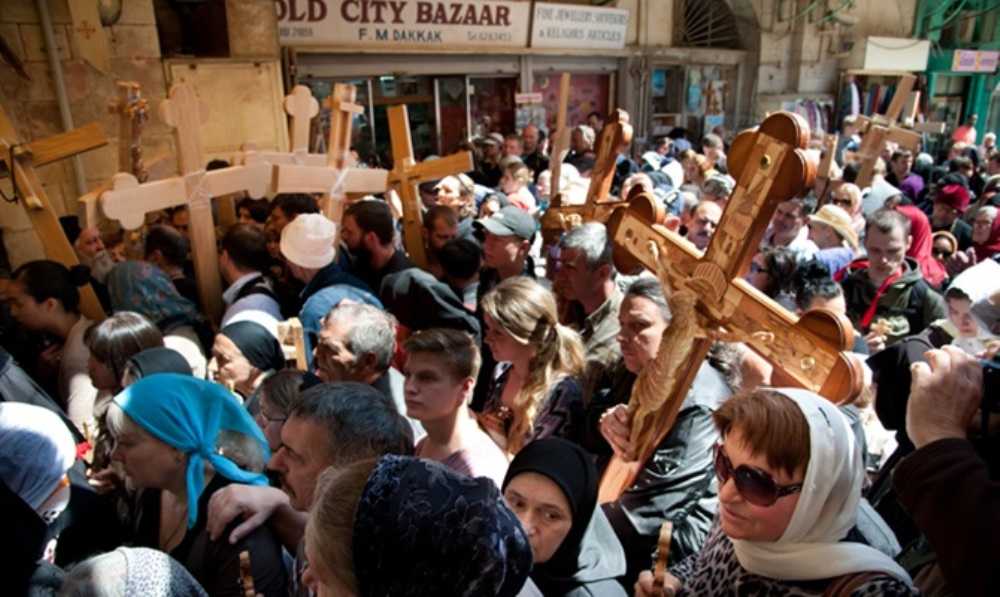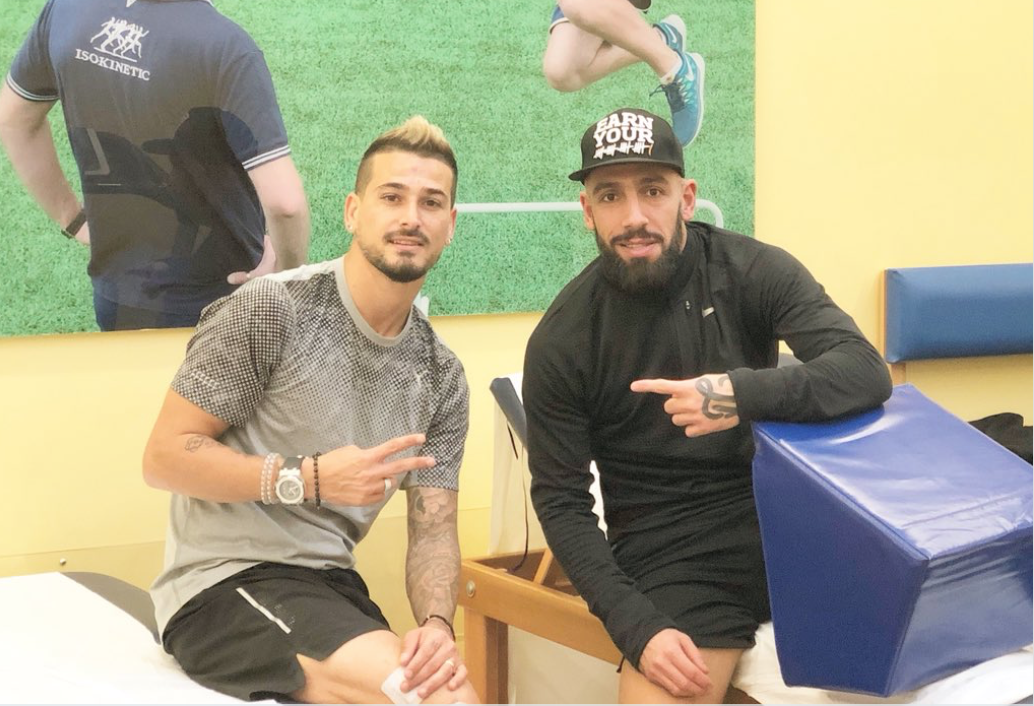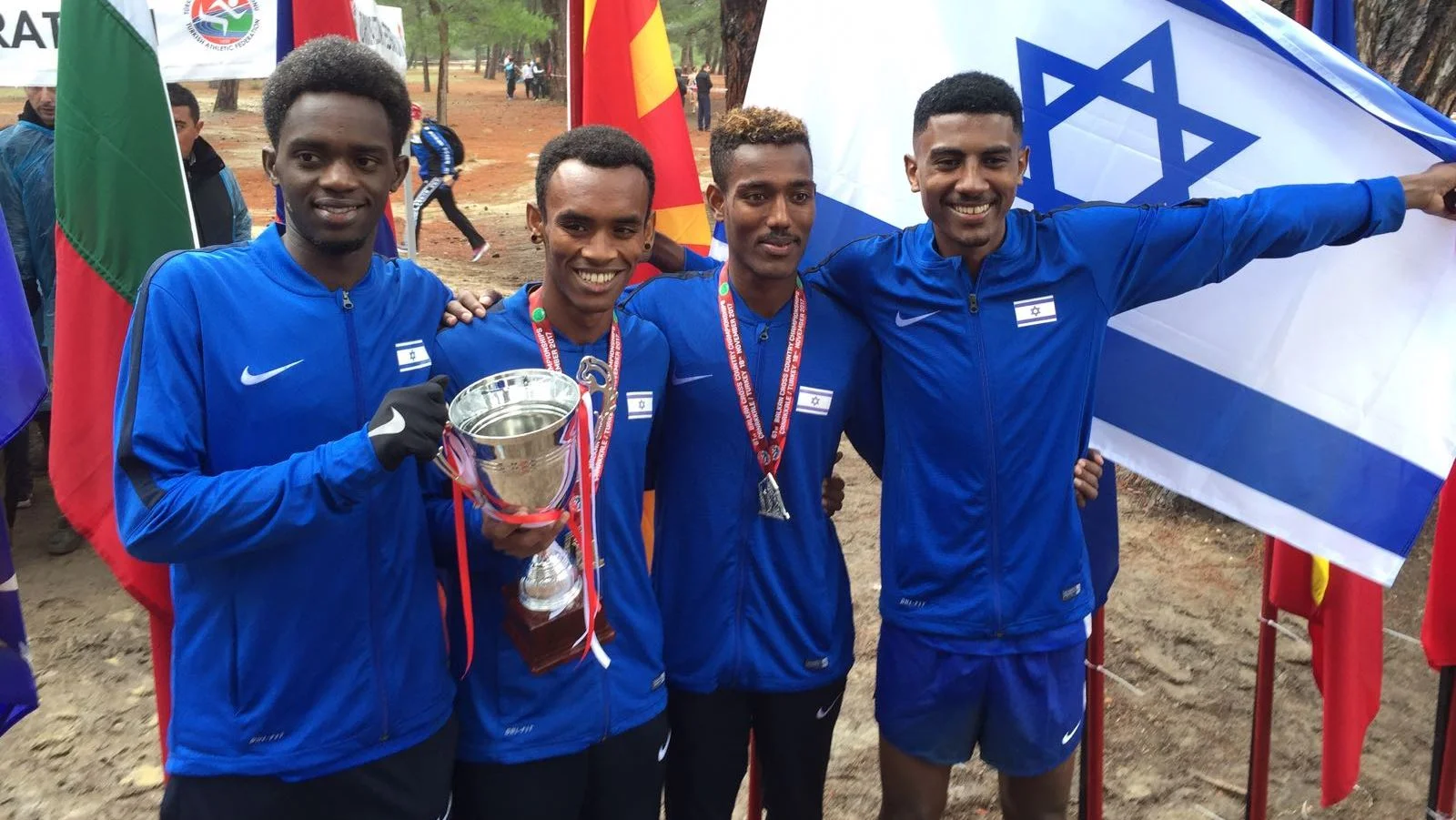By Joshua Washington - April 13, 2018
Originally appeared here in the Times of Israel
All over the world, moviegoers are raving about the recently released and now one of the world’s top grossing films, Black Panther; not just because of the movie itself or what it means for the Marvel Cinematic Universe, but because of what such a movie represents and how it is shaping a lot of conversations surrounding identity and justice. I personally, as a lot of Black Panther fans, have been thoroughly enjoying interviews of cast members and play-by-play breakdowns by director, Ryan Coogler to get as much insight on the film as possible; everything from the relationships on set, to the symbolism of each scene, to what the movie means for the overall storyline in the MCU. My personal favorite is watching the cast members talk about their favorite moments on set. In the clip, Lupita Nyong’o describes what she very excitedly calls “Pan-Africa.” Nyong’o, along with the rest of the Black Panther cast describe their experience making the movie as something of a glimpse of what a true bridge between Africa and the African Diaspora looks like. The movie for me highlights a conversation that so desperately needs to take place; not one that is black and white, but one that is black Africa and black America.
Generally speaking, the black Africa/black America conversation until now has either been superficial, non-existent, or contentious. In the ’80s and ’90s, the term “African Booty Scratcher” became a popular term that was used to describe black Africans living in America, and most often by black Americans. Conversely, black Africans living in America would tend to use the word “Akata” (a term loosely meaning “wandering cat” or “wandering jackal”) when referring to black Americans. Because of this tension that existed between the adults, the effects were felt the most by the children growing up in shared environments like grade school, for example. This has led to what we have seen more recently in college spaces like Cornell University. In September 2017, Cornell University’s Black Students United demanded for Cornell University to admit less African and Caribbean students and admit more black Americans which, as defined by them, are black people who have been in the U.S. for two or more generations. Now, Black Student’s United has since apologized for those demands, which is all well and good, but we are still left with many questions, none of which can be answered without meaningful interaction between the estranged siblings.
Beneath the T’Challa vs. Killmonger debate are very rich, meaningful, and nuanced dialogue being had between us and our African brothers and sisters, which is a very good thing, but only the beginning to what could be something beautiful and redemptive. The next step is black Americans touring, frequenting, and living life in countries in Africa, but more specifically, in our countries of origin. Nigerian-American rap artist, Jidenna is another prominent figure in the celebrity space that has been using his platform to advocate for black Americans to have free access to ancestry tracing. Jidenna states that, like Jewish Americans, black Americans need to have what is essentially birthright; a free trip to our country of origin to get a deeper understanding of our roots and strengthen our sense of identity. Jidenna goes on to state passionately that as black Americans, some of the issues we face as a community cannot be overcome by just us, and that we can overcome them with help and resources from other parts of the world, namely Africa. His vision is to fund this project with other affluent singers, athletes, and entrepreneurs. As someone who is deeply rooted in his Igbo roots, being a child of both Africa and America, he sees the grave importance and vast potential of black Americans not only knowing, and not even putting stereotypes to rest, but having a real physical and emotional connection to and relationship with the continent and its heritage.
The only way a community, a family or individual knows how to move forward, is if they know from where it is they came. Black Americans have a rich history of encountering impossible hurdles, facing impossible circumstances, and overcoming. Our story is one of triumph. Our legacy is Frederick Douglass, born a slave who could not read until the age of 12, died a one of the greatest minds in American history, having advised two of our presidents, played a pivotal role in abolishing slavery, and beginning the fight for black voting rights. Our legacy is Booker T. Washington, from slavery to once again, advising two of our presidents, and together with Jewish businessman Julius Rosenwald built thousands of schools for black children in the segregated south. The story of black America is the story of the impossible. We can and will never learn enough about our American journey. However, our journey stretches a lot further back than the soil we stand on now. It stretches back for hundreds and even thousands of additional years, and we need to know that journey just as sorely as the one with which we are more familiar. And until fairly recently, because of lost or destroyed slave records, we had a very general if any understanding that we came from “Africa.” We have the tools now to find out from exactly who our people were, who they are, what customs they held, what other adversities they faced, and how they fair today. It is more than fascinating, it is our identity. It is the very fabric of who we truly are. And for an individual who knows who they are, virtually nothing that can stand in their way from changing the world for the better.
What does any of this have to do with Israel? Read More

